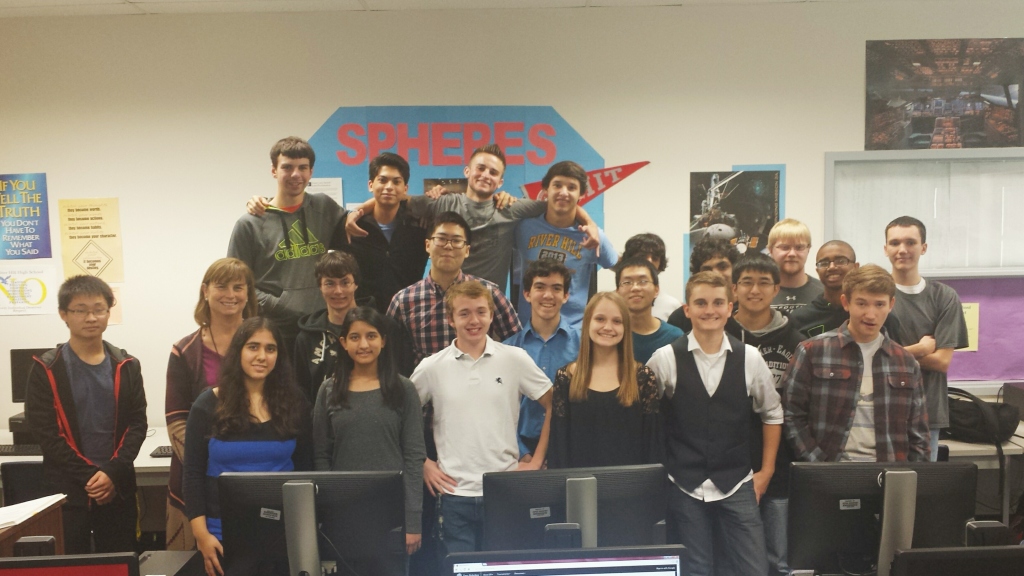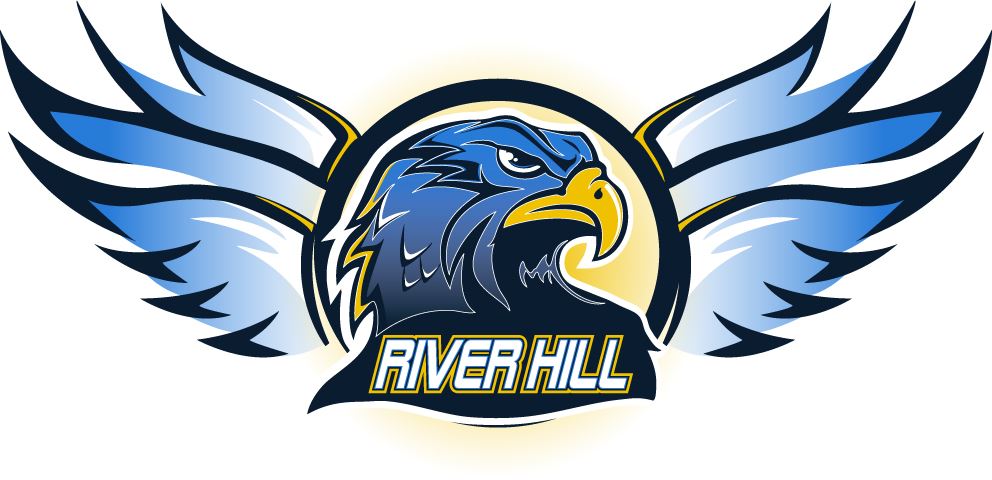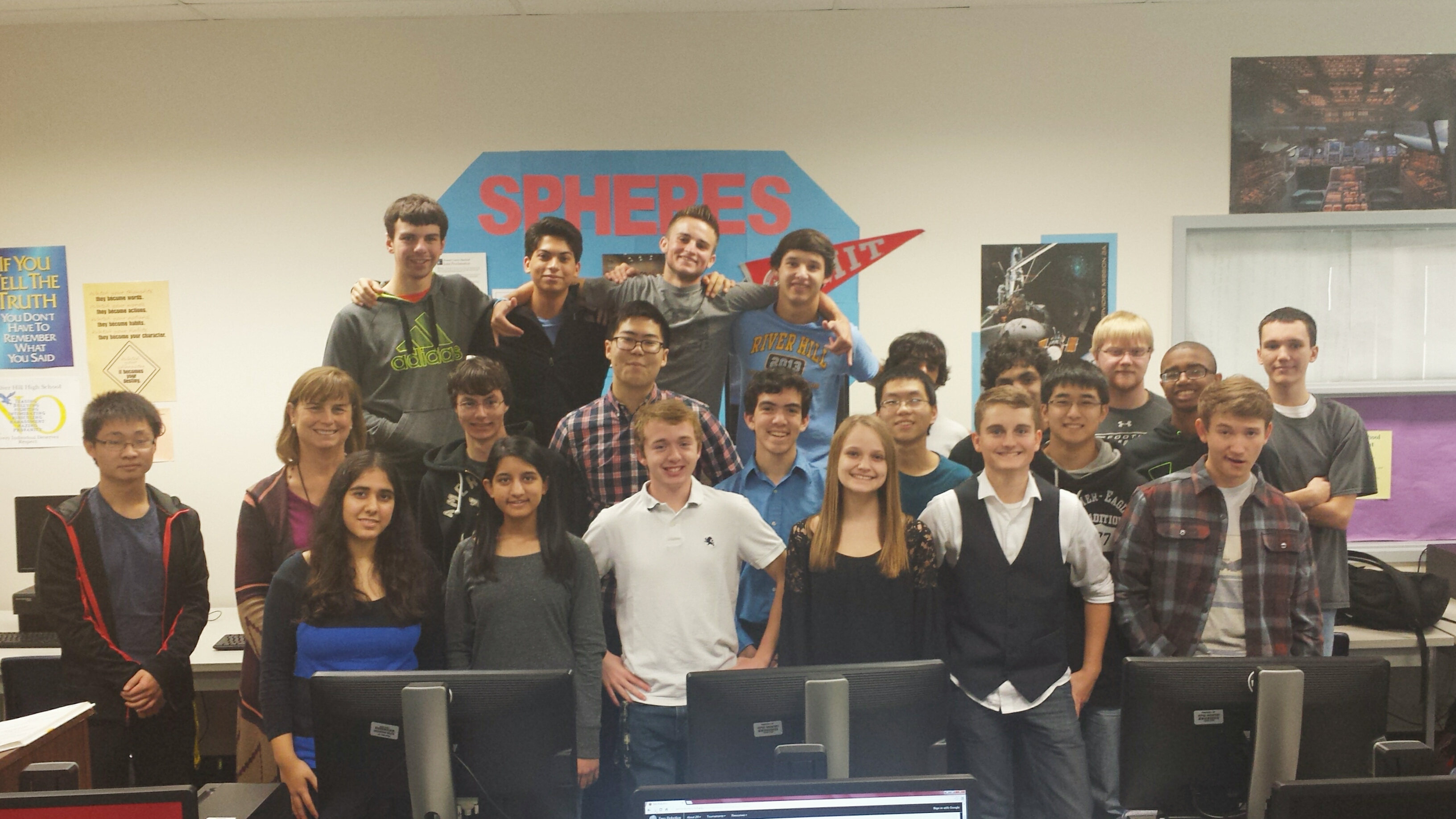
By HaeMee Lee Editor-in-Chief
Team Rocket is blasting off again! 24 students, known as Team Rocket, of Mrs. Contney’s Advanced Object-Oriented Design and Advanced Data Structures classes entered the Zero Robotics International Space Station (or ISS) Programming Challenge, an international high school competition run by Massachusetts Institute of Technology. According to Zero Robotics, “the goal [of the competition] is to build critical engineering skills for students, such as problem solving, design thought process, operations training, and team work.”
The competition is nearing completion in the 3D simulation stage, which involved teams writing and submitting programs that control the Synchronized Position Hold, Engage, Reorient, Experimental Satellites (SPHERES) at MIT. The daily-submitted programs ran against other teams around the world, which caused changes in teams’ rankings. Team Rocket had been holding 2nd place, and now, the team will progress into the next stage of the competition.
Teams must program their SPHERES to take pictures of points of interest on an asteroid and avoid solar flares, which could damage onboard instruments. “The competition is a collaborative environment. We work on different aspects of code and bring it together. It’s cool to see the little bits of code working together,” es Meena Segottuvelu, a senior who has been taking computer science classes since freshmen year, like most in Mrs. Contney’s advanced classes.
During the competition, the tasks progressively become difficult. Allen Cheng, a senior and one of the team leaders, says, “This competition feels very competitive since we’re going against teams from across the world.” Allan Levy, another senior and member of Team Rocket, adds “I’ve noticed that you can’t stop improving, because everyone else I improving at the same rate.”
Previously, teams participated in practice runs, or a 2D simulation stage, in September. Then, for the month of October, teams competed in the 3D simulation stage. After October 31st, some teams will be eliminated while the top 81 teams worldwide progress to Alliance formation, which involves forming 27 alliances of three teams, and the competition semi-finals. From the semi-finals, the top 14 alliances with move on to the ISS finals held at MIT and the European Space Agency (ESA).
During ISS finals in January, the teams will have the chance to travel to MIT and run their codes on the SPHERES at the ISS with live transmission from space. The finals will also be streamed live online for all participants of the competition to see.
For members of Team Rocket, computer science is what they want to pursue in the future. Senior Patrick Mcnanee knows that he will take the computer science route, just like his mom and two older brothers. He explains that the competition is “better than schoolwork or reading the textbook. This is a chance to do more.”

